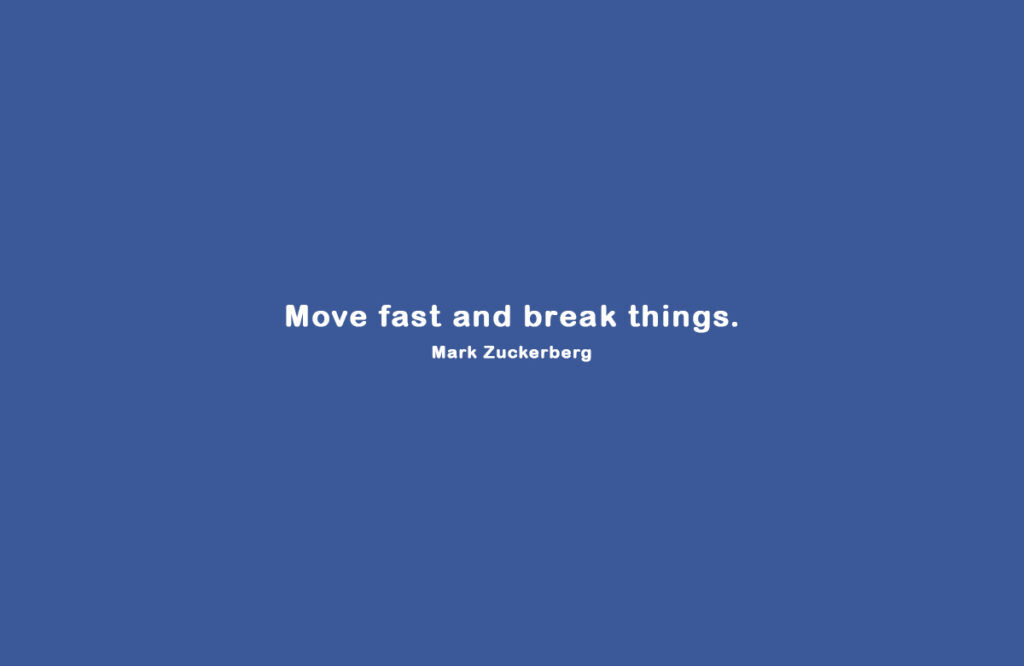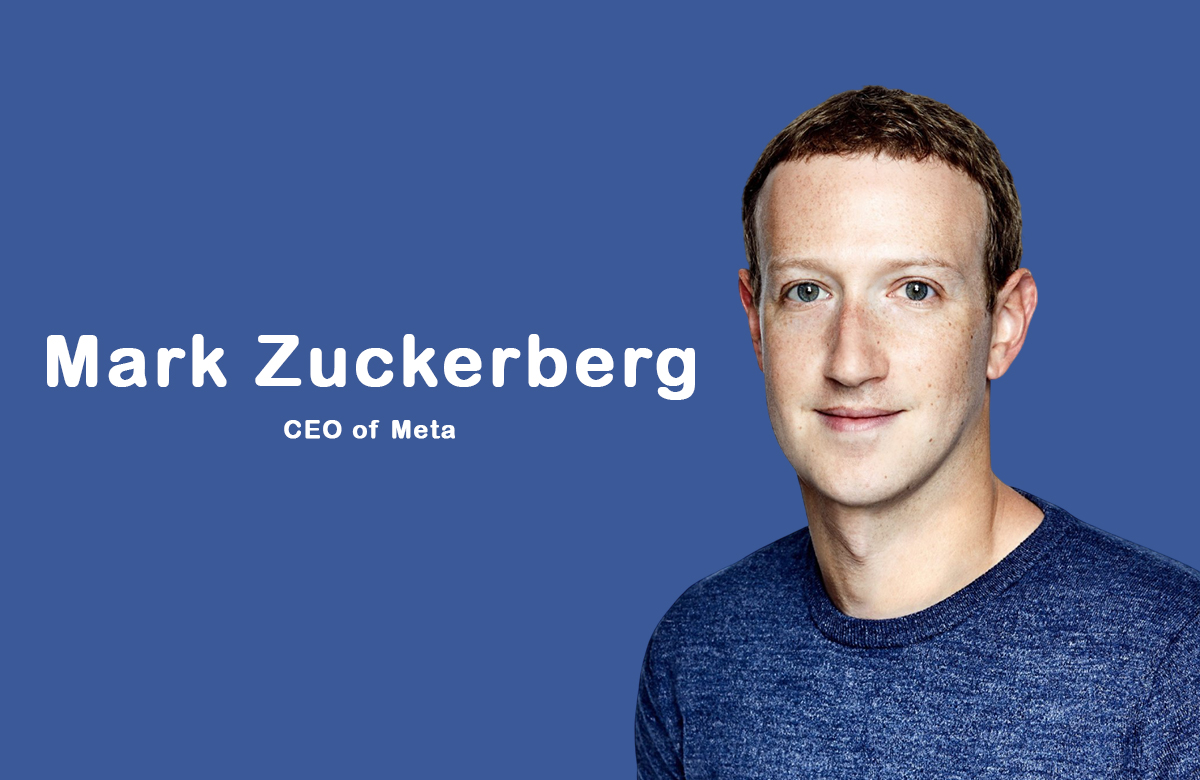In 2004, a 19-year-old Harvard student named Mark Zuckerberg launched a website from his dorm room that would change the way people connect forever. That site was Facebook — now known as Meta , with over 3 billion monthly users worldwide.
Zuckerberg didn’t just build a social network — he built a digital universe where people could share their lives, opinions, and moments in real time.
This is the inspiring story of how one teenager turned a college project into a global tech giant — and became one of the youngest billionaires in history.
Early Life & Background
A Tech Prodigy from Childhood
Born in 1984 in White Plains, New York, Mark Elliot Zuckerberg showed an early interest in computers and programming. By age 12, he had already created a messaging program called ZuckNet , used by his father’s dental practice.
He attended Phillips Exeter Academy , where he excelled in classics, math, and science. In 2002, he enrolled at Harvard University , majoring in computer science and psychology — disciplines that would later shape the foundation of Facebook.
At Harvard, Zuckerberg was known for his coding skills and love for building interactive platforms:
- Created Facemash , a controversial photo-rating app
- Developed tools to help students connect and collaborate
- Explored how people interacted online
These experiences laid the groundwork for what would become the world’s most powerful social media platform.
The Birth of Facebook
From Dorm Room to Digital Revolution
On February 4, 2004 , Zuckerberg launched Thefacebook.com from his Harvard dorm room, initially targeting only Harvard students.
Key features of the early version:
- Profile pages
- Friend connections
- Messaging system
- Photo sharing
Within weeks, the site spread to other Ivy League schools and eventually opened to all college students, then high schoolers, and finally to everyone over 13.
By 2006, Facebook had reached 70 million users — and it was clear that this wasn’t just a college trend. It was a global movement.
Growth and Expansion
Building a Social Media Empire
As Facebook grew, so did its influence:
- Acquired companies like Instagram , WhatsApp , and Oculus VR
- Went public in 2012 with one of the largest IPOs in tech history
- Reached over 2 billion users by 2017
- Rebranded to Meta Platforms Inc. in 2021, focusing on the metaverse
Despite facing challenges around privacy, misinformation, and regulation, Facebook (now under Meta) continues to shape how we communicate, consume news, and build communities online.
Zuckerberg has remained CEO throughout, guiding the company through constant evolution and controversy — always pushing the boundaries of what technology can do.
Vision Beyond Facebook
The Metaverse and the Future of Connection
In 2021, Zuckerberg announced a bold new direction: building the metaverse — a virtual world where people can work, play, and interact in immersive environments.
Under the Meta brand, the company is investing heavily in:
- Virtual Reality (VR)
- Augmented Reality (AR)
- AI-powered communication
- Digital identity and avatars
Whether or not the metaverse becomes mainstream, Zuckerberg’s vision shows that he never stops innovating.
Business Lessons from Mark Zuckerberg
- Start Small, Think Big
Facebook began as a simple college directory — but Zuckerberg saw its potential to connect the world. - Build Something People Love
From the beginning, Facebook focused on user experience and engagement — making it easy and fun to stay connected. - Move Fast and Break Things
Zuckerberg famously encouraged rapid development and experimentation — even if it meant failing fast and learning quickly. - Think Long-Term
While many startups chase quick profits, Zuckerberg has always focused on long-term goals — even if that means sacrificing short-term gains. - Control Your Vision
Unlike many founders who lose control of their companies, Zuckerberg retained voting power and shaped Facebook’s future on his terms.
Motivational Takeaways

Mark Zuckerberg’s journey offers powerful lessons for entrepreneurs, professionals, and dreamers alike:
| LESSON | EXPLANATION |
| You Don’t Need Age to Innovate | Great ideas can come from anyone — even a teenager in a dorm room. |
| Build for Real Needs | Facebook succeeded because it solved a real problem: staying connected. |
| Be Willing to Iterate | Many versions of Facebook failed before they got it right. |
| Stay Focused on the Big Picture | Don’t get distracted by short-term setbacks. |
| Believe in Your Idea | Even when others doubt you, keep pushing forward. |
Conclusion – From College Project to Global Powerhouse
Mark Zuckerberg’s rise from a teenage coder to one of the most influential figures in tech proves that vision, persistence, and innovation can create something truly extraordinary.
His story teaches us that great success often starts with a simple idea , backed by relentless execution and belief in your mission.
So whether you’re building a startup or chasing a dream, remember Zuckerberg’s philosophy:
Move fast and break things. Unless you are breaking stuff, you are not moving fast enough.
Stay curious. Stay bold. And never stop building.
